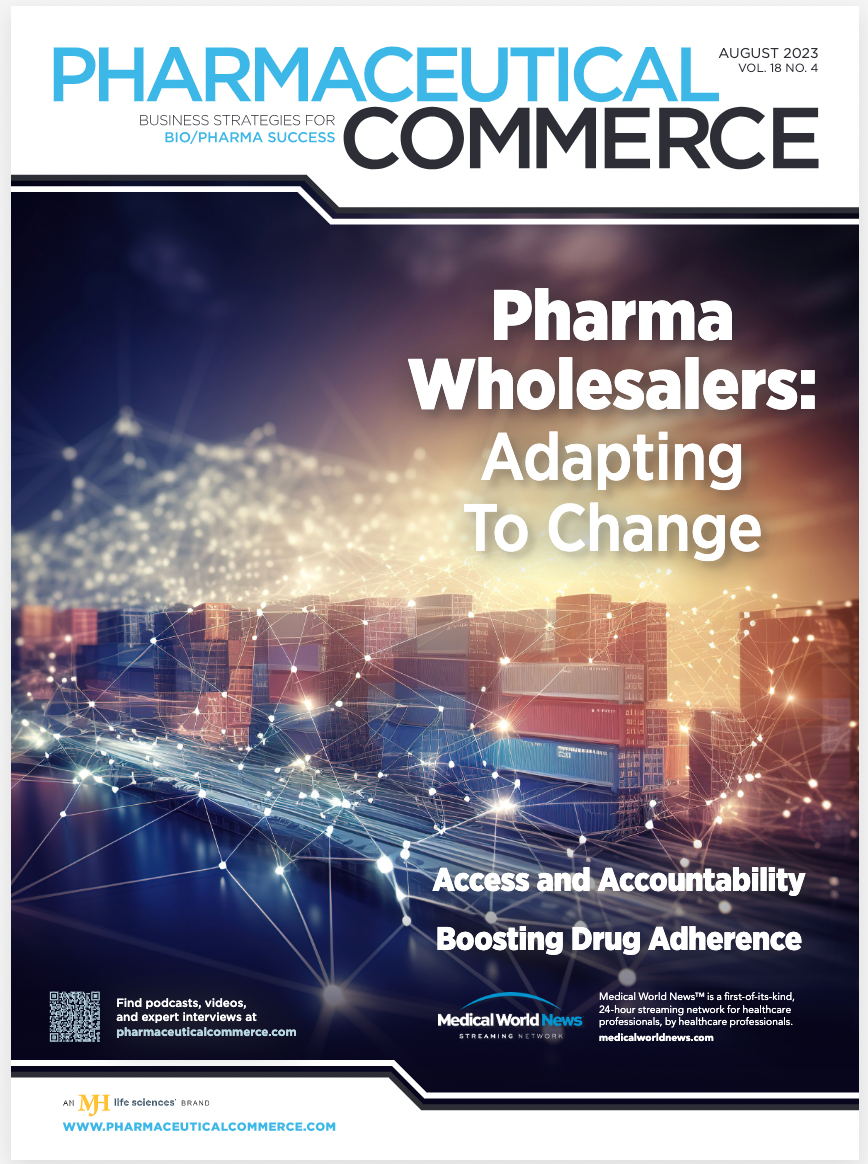Are CEOs Getting Access Right?
A dive into the issue of evidence gaps, plus the case for a chief access officer.

I have been proud to work in the pharmaceutical industry for more than 35 years. However, there is one thing that I still don’t understand after all this time.
Corporate communications heavily emphasize patients and value, but the internal company processes continue to prioritize speed to FDA approval over providing value to patients at an acceptable ROI. It is hard to believe that an approved drug that sits on the shelf because of poor access is in anybody’s interest, yet company decision-making processes often result in suboptimal market uptake, access restrictions, and/or suboptimal pricing.
In the most recent update of Deloitte’s annual analysis of the biopharma industry’s ROI, the 2022 ROI for the industry’s late-stage pipeline is projected to be 1.2%, the lowest observed since the study was started 13 years ago. Deloitte is using the report to argue for a “seizing of the digital momentum” in R&D, but the argument could be made that we first need to deal with more fundamental problems in corporate decision-making, specifically those related to delivering differentiated products with real patient value.
In several surveys with US and EU payers, serious flaws in biopharma’s evidence packages are highlighted. Payers state that primary endpoints, trial comparators (or lack of comparator), and length of trial are often deemed inappropriate to support value claims, thus resulting in low prices and/or severe restrictions on use. Addressing payers’ evidence demands to demonstrate real patient value may increase cost and risk of clinical failure, but simply ignoring it without a trade-off analysis is not likely to be the right answer.
From my experience in working with many big pharma and small biotech companies, there are many flaws in the decision-making processes that favor theoretical R&D success—i.e., FDA approval overreaching patients—and, hence, commercial success. In personal conversations, access leaders often complain about their lack of ability to impact development decision-making. This is perhaps not surprising, as access leaders often report at many levels below the CEO, thus severely limiting their empowerment and impact.
Based on the points discussed, I have some critical questions for biopharmaceutical company CEOs:
1. When making development choices, are options considered that go beyond speed to FDA approval and benefit the access journey?
2. In revenue forecasting, are your market uptake scenarios consistent with what is realistically achievable under the planned development program?
3. Do you have a senior access champion in your organization, and who has the experience and empowerment to make sure that access is appropriately considered next to other functional aspects for the best company outcome?
4. Particularly for biotech firms: Do you have sufficient (or any) access experience in your team and on your board to guide your preparations for late-stage development, partnering, or commercialization?
Large pharma tend to have strong drug pricing and access expertise on board. Team members understand the decision-making process of global payers and other “access journey” decision-makers. However, changing the corporate decision-making process often is a bridge too far. R&D leaders, who are typically the ultimate decision-makers in drug development, emphasize speed over market attractiveness in line with their typical incentives. Speed to market is important for commercial reasons as well, but not if it leads to a race to nowhere. A strong case can be made for big pharmas to appoint a chief access officer.
Smaller biotechs are most often led by scientists, who understand what is technically required to develop a drug that addresses unmet need. Commercial talent is often only attracted at a much later stage. Even then, the access expertise is still lacking. As a result, development decisions tend to be suboptimal from a commercial view, while putting the company in a poor position for negotiations with big pharma for late-stage development.
About the Author
Ed Schoonveld is a value and access consultant, and author of The Price of Global Health.
